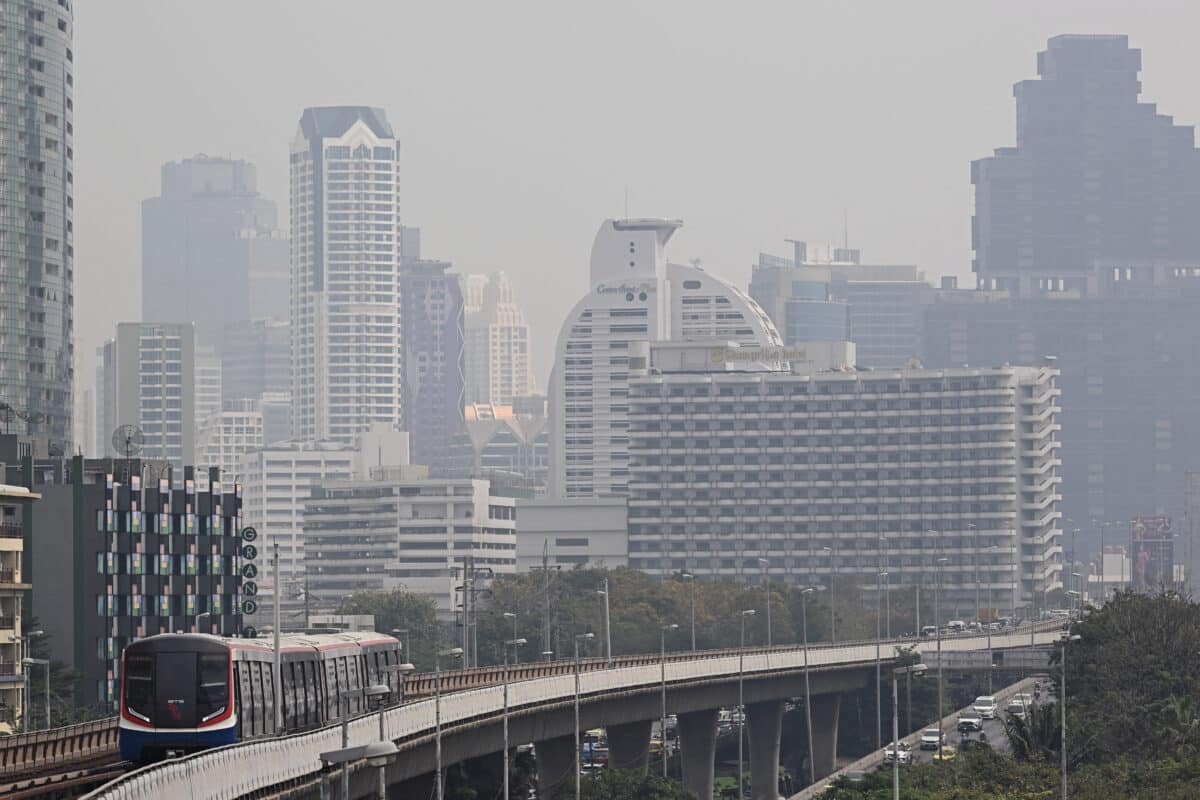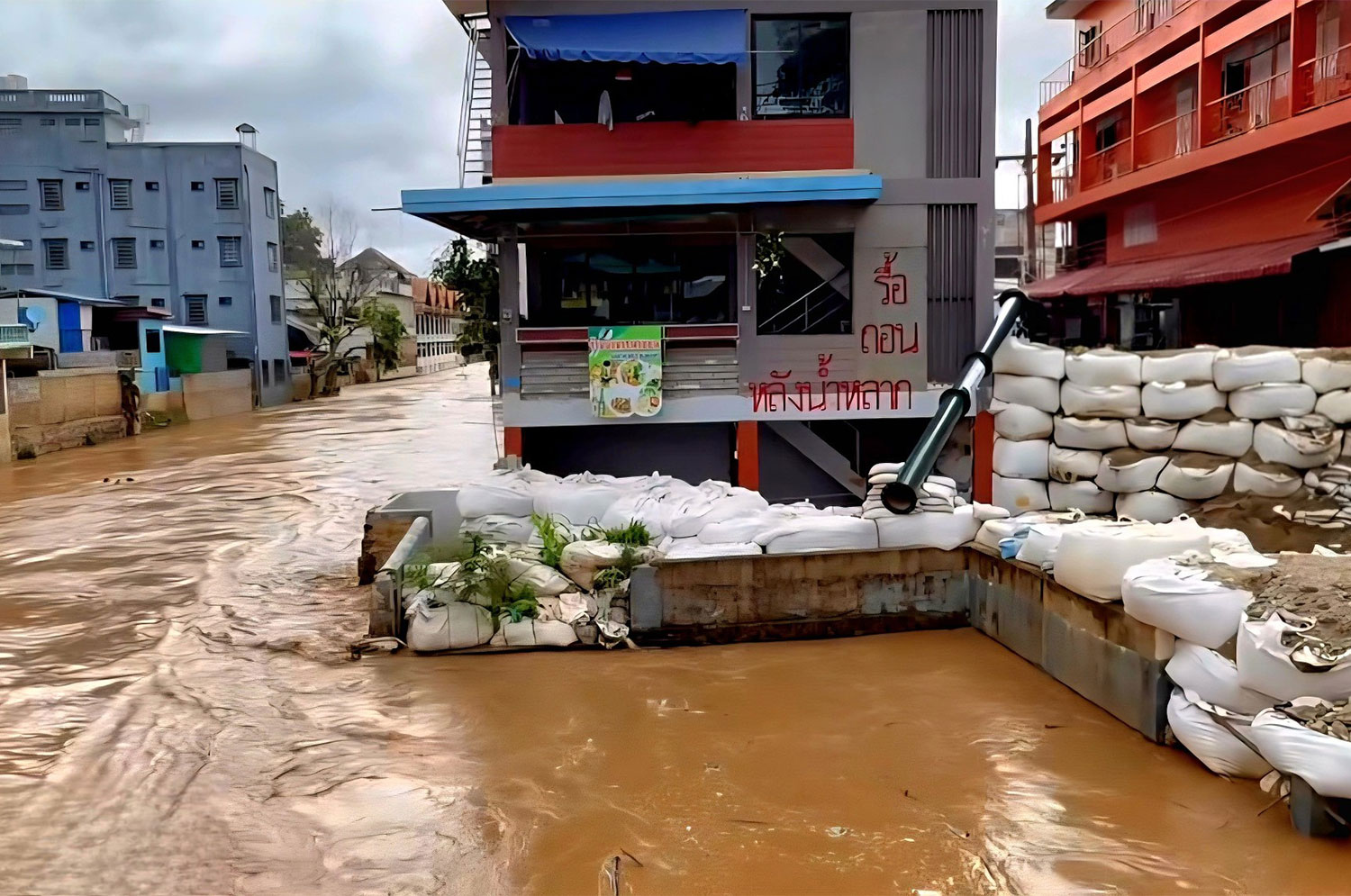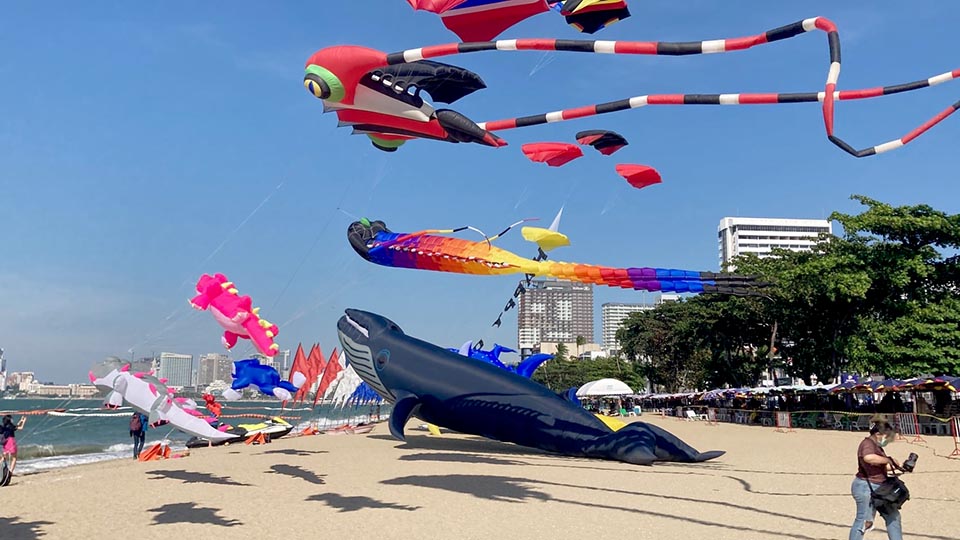Bangkok Faces Severe Air Pollution Crisis
Authorities Respond to Hazardous Conditions
On January 24, 2025, air pollution in Bangkok led to the closure of 352 schools across the city, marking the highest number of school closures in five years. The Bangkok Metropolitan Administration (BMA) announced the closures in response to alarming levels of PM2.5 pollutants, which reached 108 micrograms per cubic meter, significantly exceeding the World Health Organization’s recommended limit of 15 micrograms.
Seasonal Pollution Challenges
Seasonal air pollution has long plagued Thailand, particularly during the winter months when stagnant air combines with emissions from vehicles and smoke from agricultural burning. This week, Bangkok was ranked as the seventh most polluted city globally by IQAir, highlighting the urgent need for action.
Public Health Concerns Intensify
Residents Report Breathing Difficulties
Local residents have expressed their distress over the deteriorating air quality. Benjawan Suknae, a local vendor, shared her experience: “It’s hard to breathe… I really feel the burn in my throat.” Many citizens are calling for immediate measures to address the pollution crisis.
Government Measures and Recommendations
In response to the worsening conditions, officials have urged residents to work from home and restricted access for heavy vehicles in certain areas. Additionally, free public transport will be available for a week to help reduce traffic congestion and emissions.
Education System Impacted
Thousands of Students Affected
The school closures affect thousands of students across 31 districts in Bangkok. Of the 437 schools under BMA authority, a significant majority have shut their doors due to unsafe air quality levels.
Previous Closures and Future Plans
This situation marks a significant escalation in response measures compared to previous weeks when over 250 schools had already closed due to similar concerns. The BMA has indicated that schools will remain closed until air quality improves.
Government’s Long-Term Strategy
Ban on Stubble Burning Implemented
Interior Minister Anutin Charnvirakul has ordered a ban on stubble burning, which contributes significantly to seasonal air pollution. Those who violate this ban may face legal repercussions. Prime Minister Paetongtarn Shinawatra has also called for more stringent measures, including limiting construction activities and collaborating with neighboring countries to tackle pollution collectively.
Community Engagement and Awareness
As authorities continue to monitor air quality levels, community awareness campaigns are being encouraged. Residents are advised to wear masks outdoors and seek medical attention if they experience symptoms like coughing or difficulty breathing. The ongoing air pollution crisis in Bangkok underscores the urgent need for effective environmental policies and community engagement to protect public health and improve air quality in the long term.








